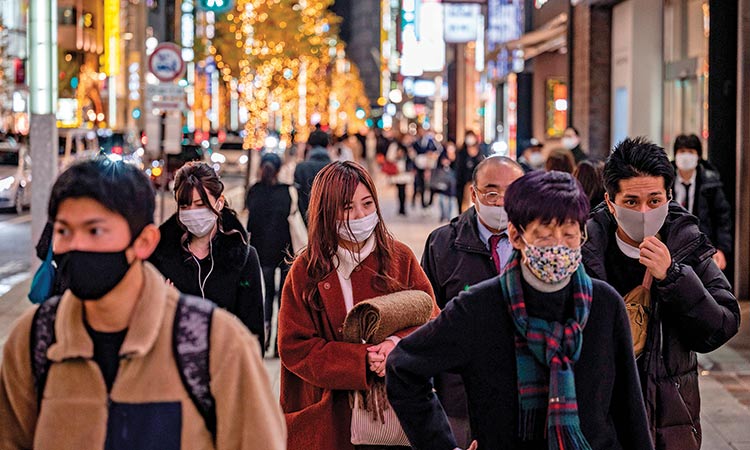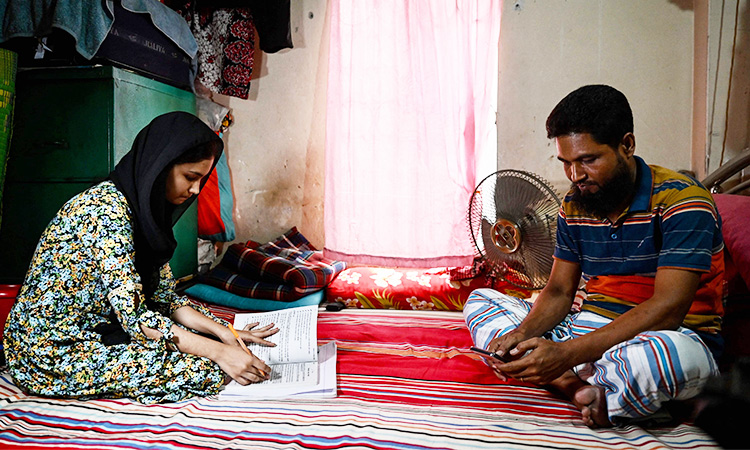Amputee fashion show in Japan features Paralympic athletes
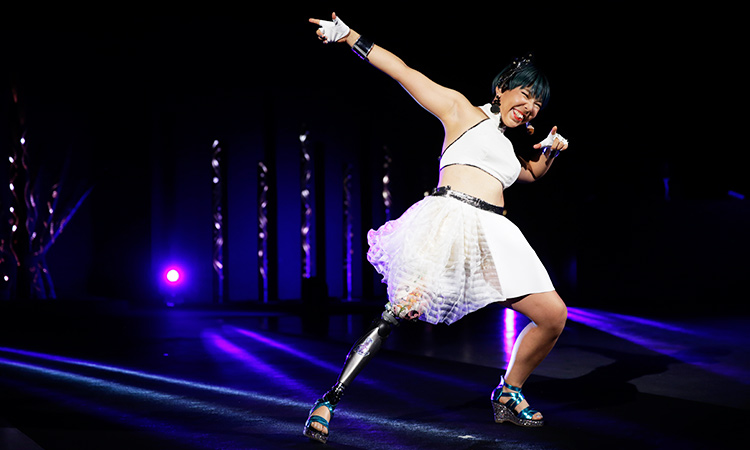
Kaede Maegawa, a Paralympian, participates in a fashion show dubbed "Amputee Venus Show" in Tokyo. AP
Paralympic athletes took to the catwalk in Tokyo on Tuesday for the "Amputee Venus Show." The event marked the date when the Paralympic Games would have opened.
READ MORE
Egypt's blossoming trade in fragrant jasmine flowers
UAE Paralympic team get Emirates NBD boost
Pakistani Paralympian Ali wants to relive Beijing 2008 glory
The Olympics and Paralympics were postponed for a year because of the COVID-19 pandemic, but the fashion show went ahead.
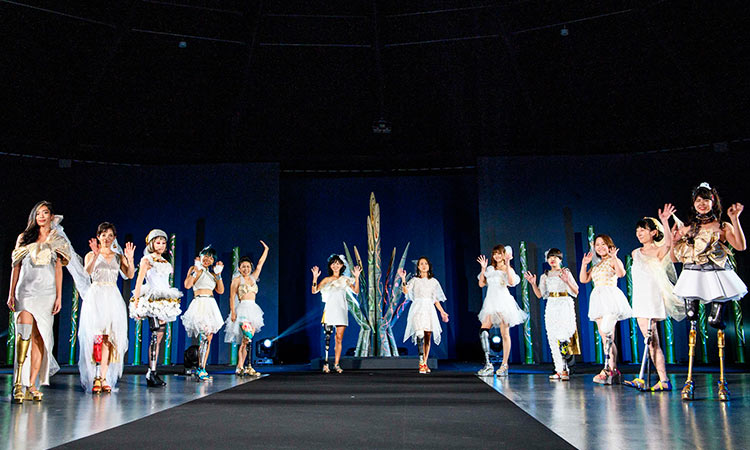
It featured a dozen models who came down the catwalk wearing the latest fashion and prosthetic legs. Several Paralympic athletes were among the group, including Japan's Kaede Maegawa who finished fourth in the long jump in the 2016 Rio de Janeiro Paralympics.
"Thanks to the show it sank in that there is only one year left until the Paralympic Games,” Maegawa said. "When I was rehearsing, I felt like I was attending the opening ceremony and almost cried. The show was such a great opportunity for me.”
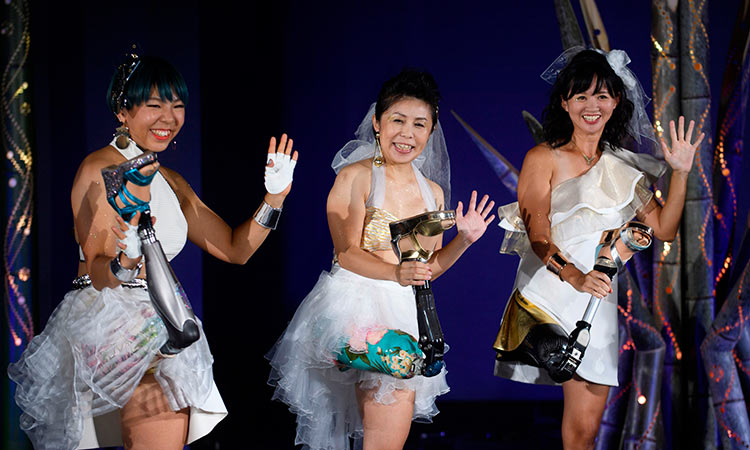
The Paralympics are now scheduled to open on Aug. 24, 2021, and will feature about 4,400 athletes. The Olympics are scheduled to open on July 23, 2021, with 11,000 athletes.
"In next year's Paralympics, safety and security are important,” said Takao Ochi, who organized the show. "One of the purposes of holding the fashion show was to overcome the coronavirus.”
Tokyo organizers have said both events will happen, but they have yet to provide details on how athletes will be safe, whether fans will be allowed, and who will pick up the bill for the delay. Estimates suggest the cost of delay will be between $2 billion and $6 billion, with Japanese taxpayers picking up most of the bill.
Associated Press


